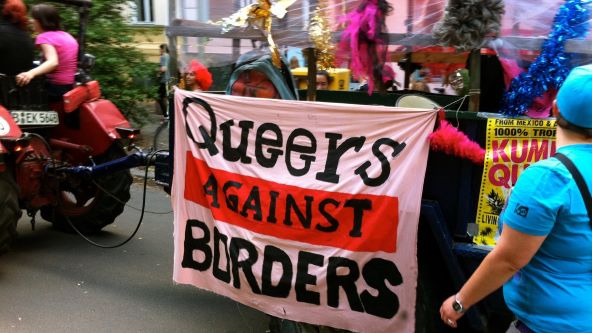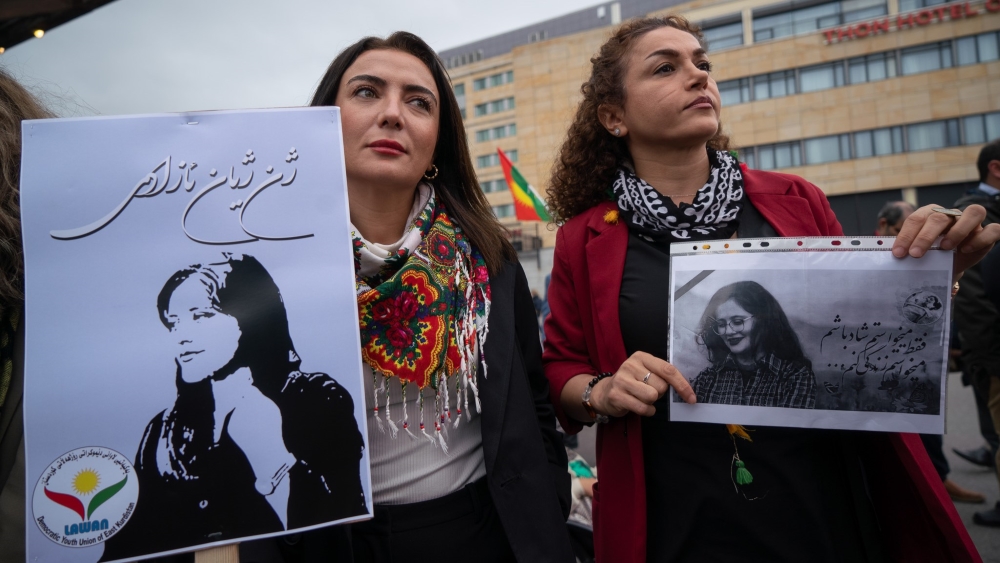This is the final conference of the 3-year ALCITfem project (ALCITfem - Kurdishstudies), where we investigated Kurdish women’s activism and its implication for their rights and dynamics of citizenship in different social, cultural and political fields.
Our team members did research on contemporary Kurdish society and politics with a particular emphasis on gendered citizenship in subaltern context and on various forms of marginalization and repression; on social movements and activism in the Global South; and on the study of a variety of experiences of women in Kurdistan and the diaspora, and the interlinkages between life in Kurdistan and in the diaspora.
We now open the floor for debate with scholars from outside Kurdish Studies who have worked on similar topics and would like to explore comparatively how gender plays a role in activism and citizenship in communities that have been minoritized and sidelined in national, international, and post-colonial contexts.
Format
During the two conference days, five invited scholars and ten ALCITfem team members will investigate how their research on citizenship practices in marginalized communities intersect, connect, and inform each other.
Each day consists of five presentations with a discussant and Q&A, as well as an afternoon debate in which a moderator connects the day’s topics and gives a lead for further discussion.
Please note that participants can choose whether they would like to attend the whole conference, one day, or specific sessions.
Themes
The following questions will be touched upon during the presentations and debates:
How may we approach the understanding of citizenship in postcolonial and (post-)violent realities? How have indigenous, queer, and other minoritized subjects changed the notion and practices of citizenship? How useful are recent theories on citizenship (including lived citizenship; intimate and sexual citizenship; acts of citizenship) to better understand the totality of citizenship practices in today’s world? What is the importance of indigenous approaches towards ecological citizenship and how can we better validate and include them? And how can analyses of resistance be better geared towards the realities on the ground of marginalized people who have little space to resist?
Full program and abstracts
Practical information
- Tøyen Manor House is located in Oslo's botanical gardens. We will be on the ground floor of the building (room: Salen). Read about accessibility at Tøyen Manor House
- You do not need to register for this event, and it is fine to drop in on individual sessions according to your interests and schedule
- We will serve tea, coffee and snacks during the conference. Please feel free to bring a packed lunch, or visit one of the nearby cafés during the lunch breaks

Related events
Parallel to this conference, the exhibition Women in Exile is being shown in Gamle Munch Museum.
